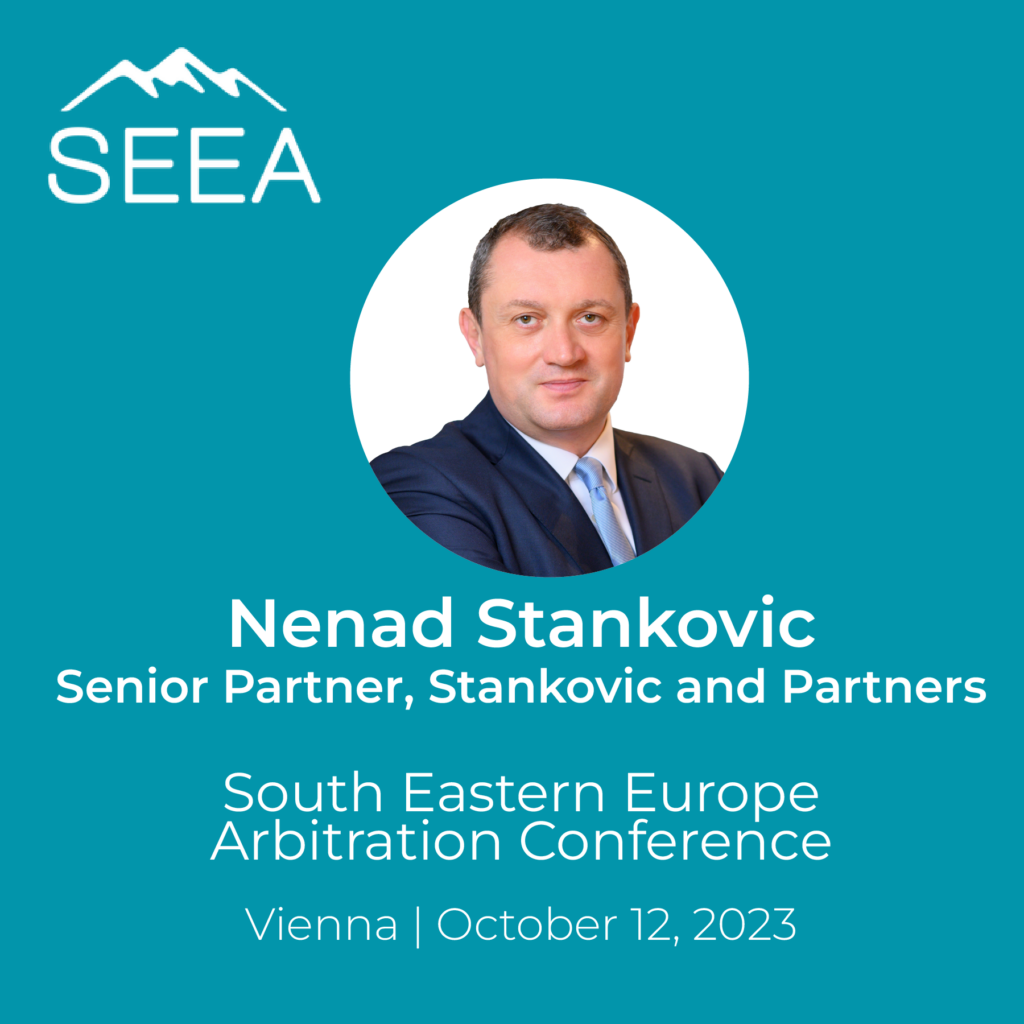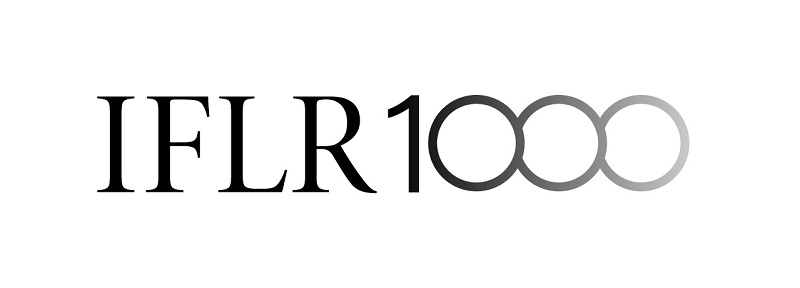Nenad Stankovic, Stankovic & Partners Senior Partner takes centre stage at the South Eastern Europe Arbitration Conference
Ljiljana Madzarevic2023-09-26T11:31:02+02:00
We are thrilled to announce that NSTLAW will be participating in the forthcoming South Eastern Europe Arbitration Conference to be held on 12 October in Vienna. Our Senior Partner, Mr. Nenad Stankovic, has been chosen as a key speaker at one of the event’s major panel sessions entitled “Transformation of Disputes in the Region”.
Mr. Stankovic will be in distinguished company, sharing the stage with eminent personalities like Khawar Qureshi KC, Jennifer Morison Ersin, Lazar Tomov, Eric Leikin, and Dr. Johannes P. Willheim. The panel session promises to provide some insightful observations, with Ms. Deger Boden taking the role of moderator.
With a robust track record of acting as counsel before well-respected bodies like ICSID and ICC, our regular involvement in arbitration cases makes this conference particularly relevant. We are looking forward to continuing our role in shaping future discussions in the arbitration arena. More information about the conference can be found by clicking on the following link.





